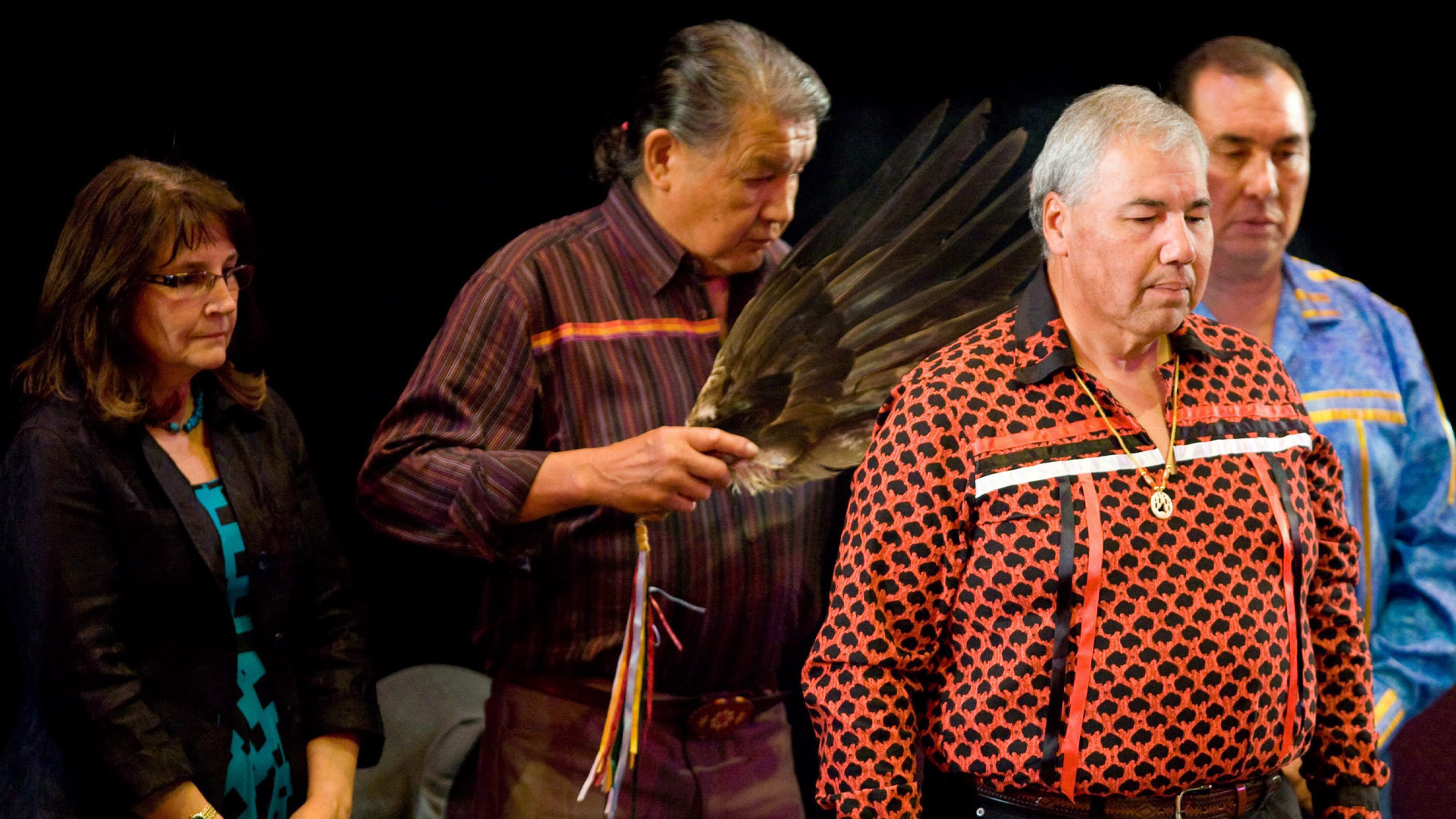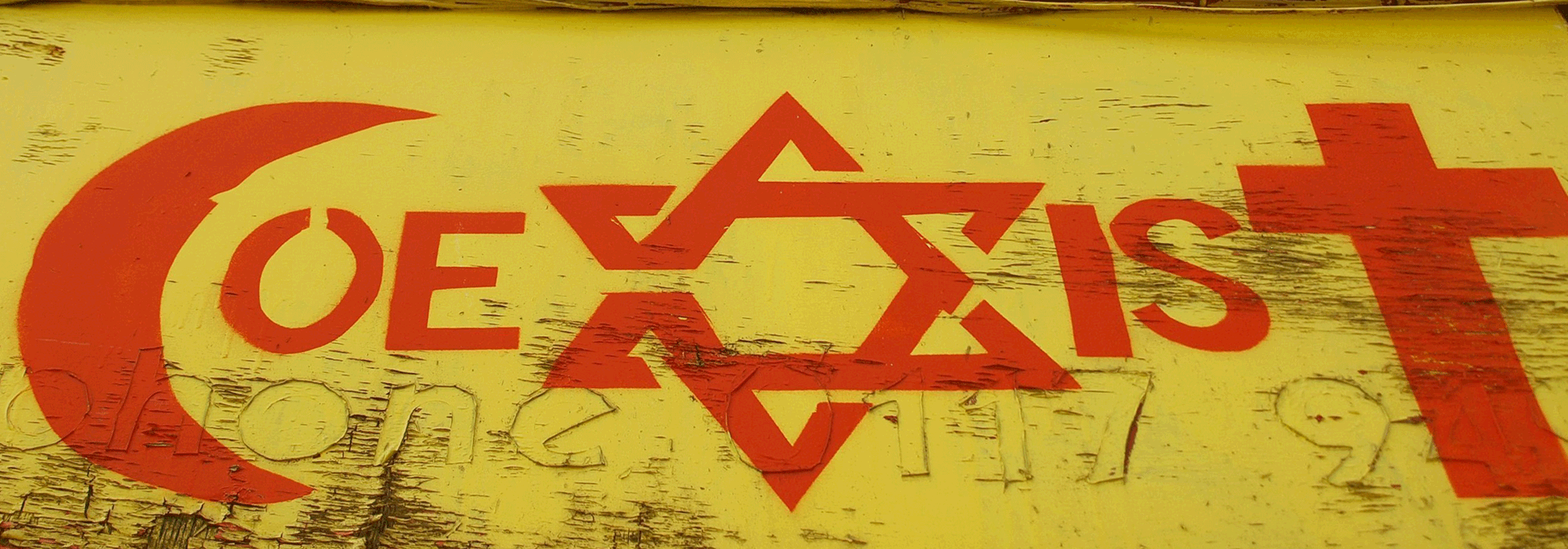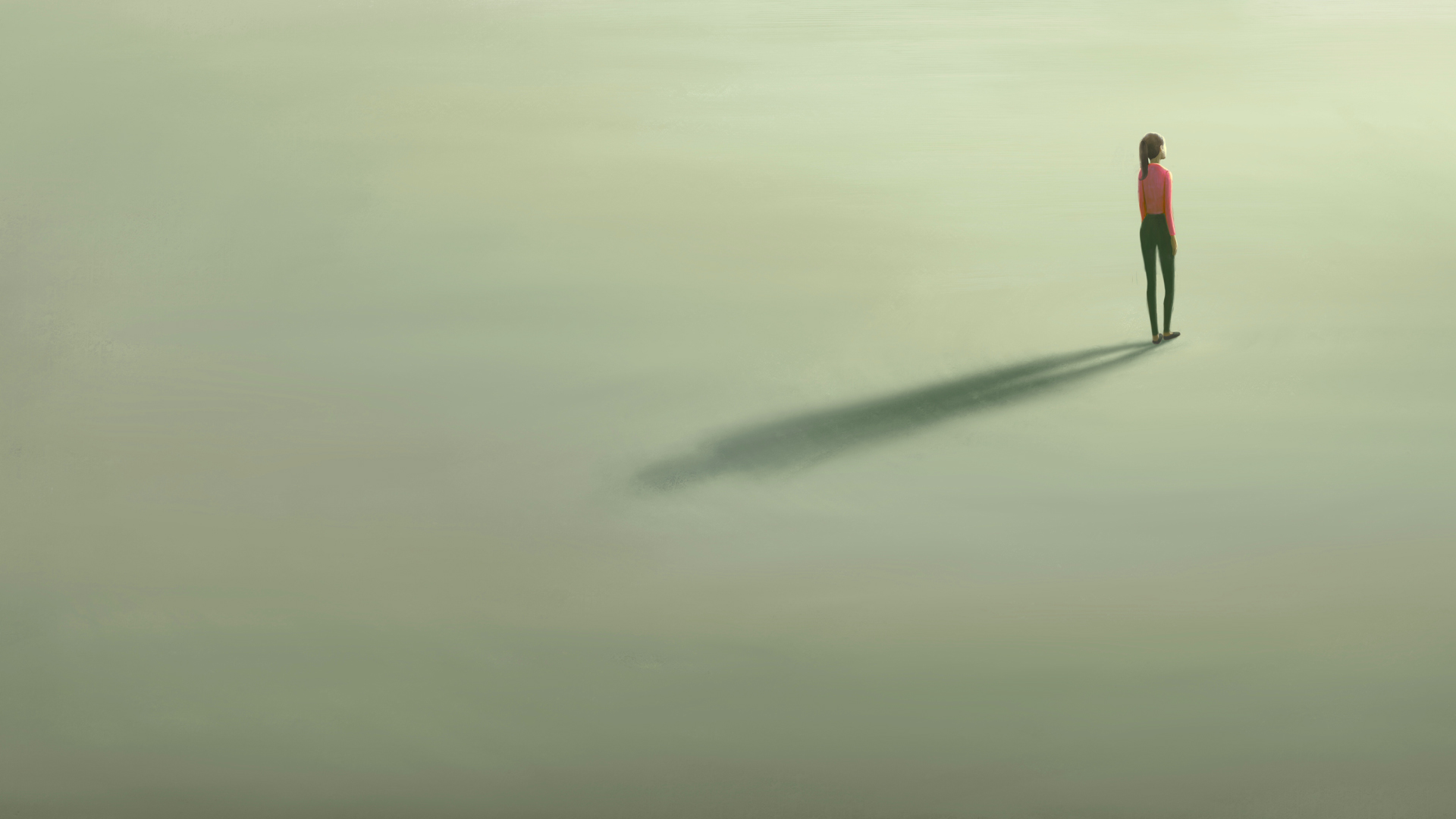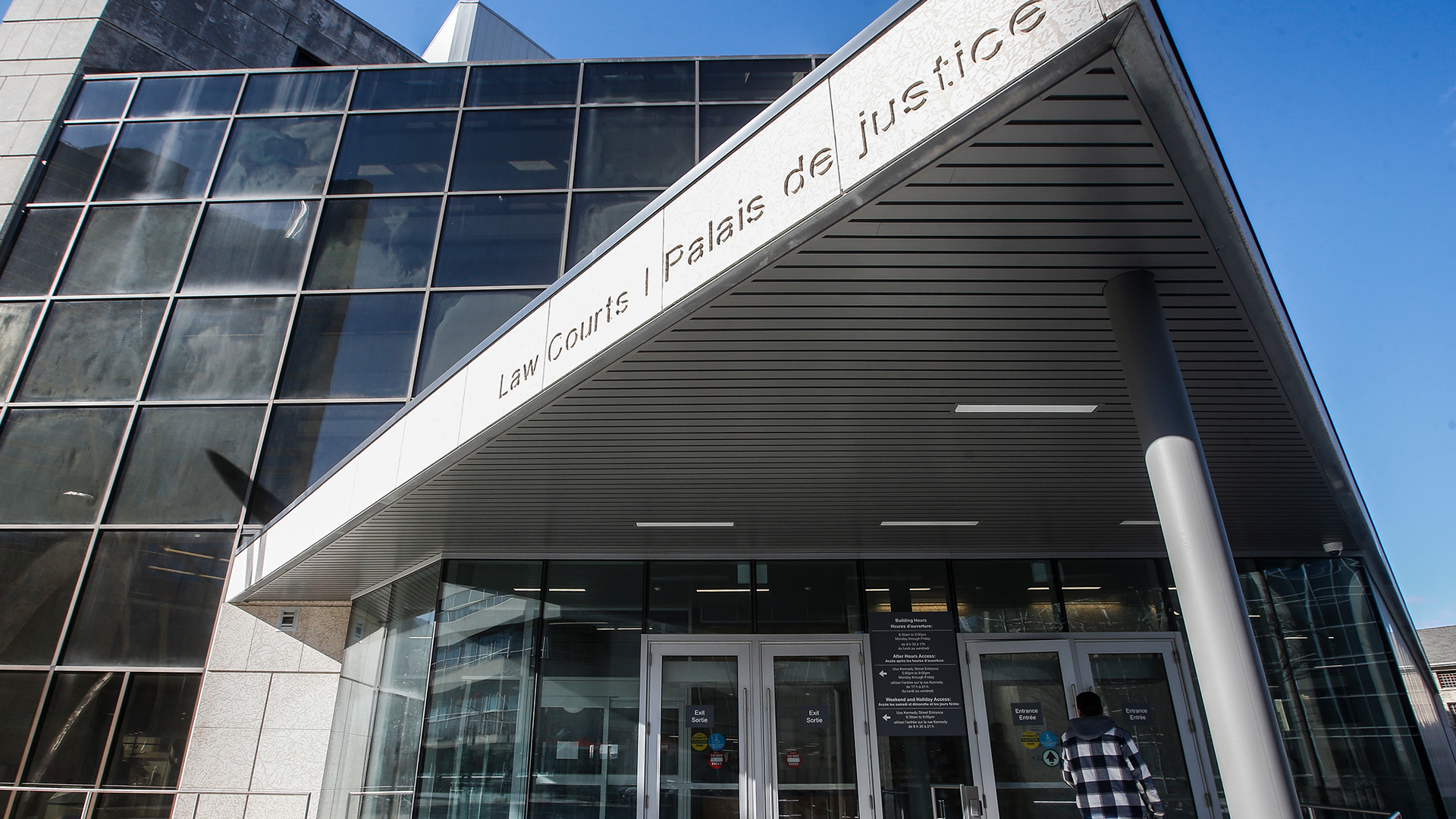
Whether it’s about the so-called niqab issue or the Zero Tolerance for Barbaric Cultural Practices Act, public spotlight shines fiercely on Muslims. Over the last few days, news outlets featured headlines such as “Tories promise RCMP tip line for people to report neighbours for ‘barbaric cultural practices’”(National Post), “The Conservative government is not afraid to defend Canadian values” (CBC News), and “The niqab is a distraction. Voters should focus on real issues” (The Globe and Mail). These discussions erase the diverse peoples, politics, histories, and practices of those of Muslim faith in Canada. The discussion pivots around and relies on notions of ever-expanding terror and is a dangerous brew of conflated policy objectives, racism, divide and conquer tactics, and campaign strategy.
Hindsight is only 20/20 if we choose to examine it. The dangers of conflating race with threat of security or savagery with backwards spiritual and cultural practices are all too well-known by Aboriginal peoples, Japanese Canadians, and Chinese Canadians to name a few. For some, these debates harken back to the racist, assimilationist, and exclusionary policies of the past – Stephen Harper himself has apologized for a few of these. During his official apology to Chinese Canadians for the Head Tax, he stated:
“The Government of Canada recognizes the stigma and exclusion experienced by the Chinese as a result [of the head tax]. …Mr. Speaker, in closing, let me assure the House that this government will continually strive to ensure that similar unjust practices are never allowed to happen again.”
During his official apology to residential school survivors, he stated:
“Two primary objectives of the Residential Schools system were to remove and isolate children from the influence of their homes, families, traditions and cultures, and to assimilate them into the dominant culture. These objectives were based on the assumption Aboriginal cultures and spiritual beliefs were inferior and unequal. Indeed, some sought, as it was infamously said, “to kill the Indian in the child”. Today, we recognize that this policy of assimilation was wrong, has caused great harm, and has no place in our country.”
In 1988, then Prime Minister Brian Mulroney gave formal apology to Japanese Canadians, wherein he stated:
“We are a pluralistic society. We respect one another’s language, opinions and religious beliefs. […] A Canada that is able to face up to the mistakes of the past, and so become better prepared to face the challenges of the future. […] Mr. Speaker, I know I speak for Members on all sides of the House in offering to Japanese Canadians the formal and sincere apology of this Parliament for those past injustices against them, their families and their heritage, and our solemn commitment to Canadians of every origin that they will never again be countenanced or repeated.”
We should be asking ourselves which and whose Canadian values are the Conservatives “not afraid to defend”? What are the effects of these tactics on all of us – on people – not as distant others unlike you or I, but women, children, men, families and vibrant communities who live, work, play, pray, don’t pray, hope, and fear as we all do.
In each step of federal and provincial decision and policy-making, which sought to take children, break-up families, eradicate cultures, intern, strip citizenship, exile, disperse, register, or dispossess, there were members of parliament, civil society, RCMP, church, media, and general public who spoke out against and attempted to change course. These were never common sense and self-evident government decisions made in the name of security and civility, just as this is not a common sense and self-evident government decision made simply in the name of security and human rights.
Fear and suspicion infused politics lend too easily to racism. The diversity and humanity of Muslims in Canada are erased through legislation like the Zero Tolerance for Barbaric Cultural Practices Act and tip lines. We should expect and demand better from leaders and ourselves. If not, Stephen Harper may very well find himself the main character of a ‘shameful chapter’ of Canada’s history for which a future prime minister will apologize.
Photo: 1000 Words / Shutterstock.com







